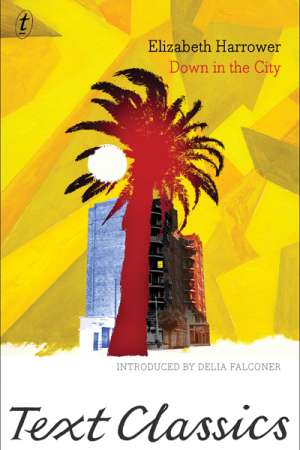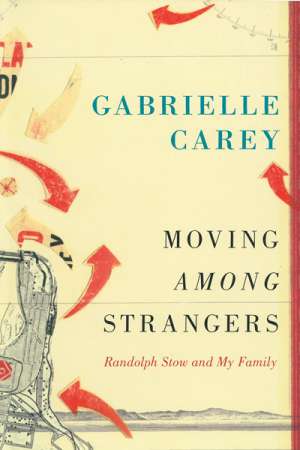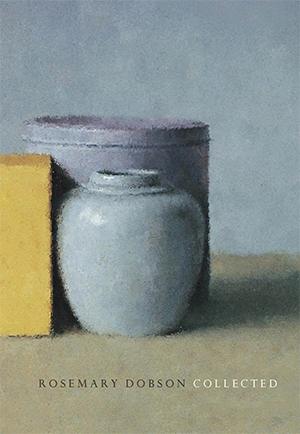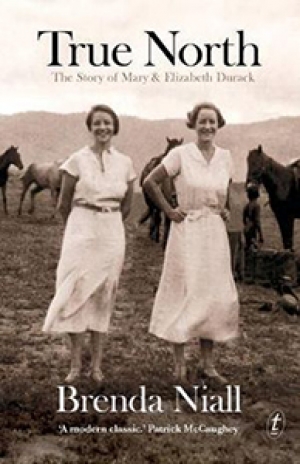Susan Sheridan
Jennifer Maiden's The Fox Petition: New Poems (Giramondo) conjures foxes 'whose eyes were ghosts with pity' and foxes of language that transform the world's headlines
... (read more)Susan Sheridan reviews 'The Women's Pages' by Debra Adelaide
In this beautifully crafted novel, two parallel stories merge. Chapters alternate between Ellis, a young woman living in Sydney in the 1960s, and Dove, a thirty-eight-year-old woman in the present day. As the novel begins, Ellis is contemplating leaving her husband and taking her baby son with her; Dove is mourning the death of her adoptive mother – and writing a ...
The missing novels: our critics nominate some overlooked classics
Susan Sheridan on 'It's Raining in Mango' by Thea Astley for Reading Australia
It’s Raining in Mango: Pictures from the Family Album was first published in 1987, on the eve of the bicentenary of white settlement in Australia, when many versions of the story of Australia were advanced and debated. Thea Astley’s book presents a family, the Laffeys, as a microcosm of the national story. It is a novel made up of stories told by Connie ...
Books of the Year is always one our most popular features. Find out what our 41 contributors liked most this year – and why.
... (read more)Susan Sheridan reviews 'Collected Poems: Lesbia Harford' edited by Oliver Dennis
In her short life (1891–1927), Lesbia Harford wrote hundreds of poems and a novel, took a law degree at the University of Melbourne, had love affairs with both women and men, worked as a machinist in clothing factories, and was active in the anti-conscription movement during World War I and the International Workers of the World (‘the Wobblies’). She was the quintessential modern woman of the early twentieth century.
... (read more)Elizabeth Harrower’s début novel was first published by Cassell in London in 1957. Down in the City begins with a hymn to Sydney, with its beaches, harbour suburbs, city arcades – and disreputable Kings Cross, ‘a haven for the foreigner and racketeer; a beacon for long-haired boys, mascaraed women and powdered men. It is Montmartre: it is bright and wicked.’
... (read more)When Gabrielle Carey wrote Puberty Blues (1979) with her school friend Kathy Lette, it was closely based on her own experience as a teenager. This initiated a writing career specialising in autobiography. Her novel The Borrowed Girl (1994) is based on her experience of living in a Mexican village, and So Many Selves (2006) is a personal memoir. Her new book extends the work of mourning and remembering her parents, which began with In My Father’s House (1994), an attempt to understand the suicide of her father, Alex Carey, and continued with Waiting Room (2009), an account of her mother Joan’s illness with a brain tumour.
... (read more)This volume contains all the poems that Rosemary Dobson wants to preserve. They represent a substantial portion of her output, which seems right for a poet who began with a degree of quiet confidence and poise that belied her youth. From the earliest, published when she was in her twenties ...
... (read more)Susan Sheridan reviews 'True North: The story of Mary and Elizabeth Durack' by Brenda Niall
In April 1934 sisters Mary and Elizabeth Durack joined their eldest brother, Reg, at Argyle Downs Station in the Kimberley. Mary was twenty-one, her sister eighteen. Educated at Loreto Convent in Perth, they had been reared on a diet of stories about life in the north told by their father, Michael Patrick Durack (known as ‘MPD’), when he returned from the family’s pastoral holdings every wet season to spend time with his wife and six children. Both girls had spent time up north with their parents, and loved the place. This time, however, they were on their own. At Argyle, ‘they were paid union wages for helping in the kitchen, where they learned to make bread for the homestead and for the twenty or more Aborigines on the station’, and later they took up duties at another Durack company station, Ivanhoe. They stayed up north for eighteen months, saving up for a trip to Europe, for even the Durack family fortunes had been hit by the Great Depression.
... (read more)





